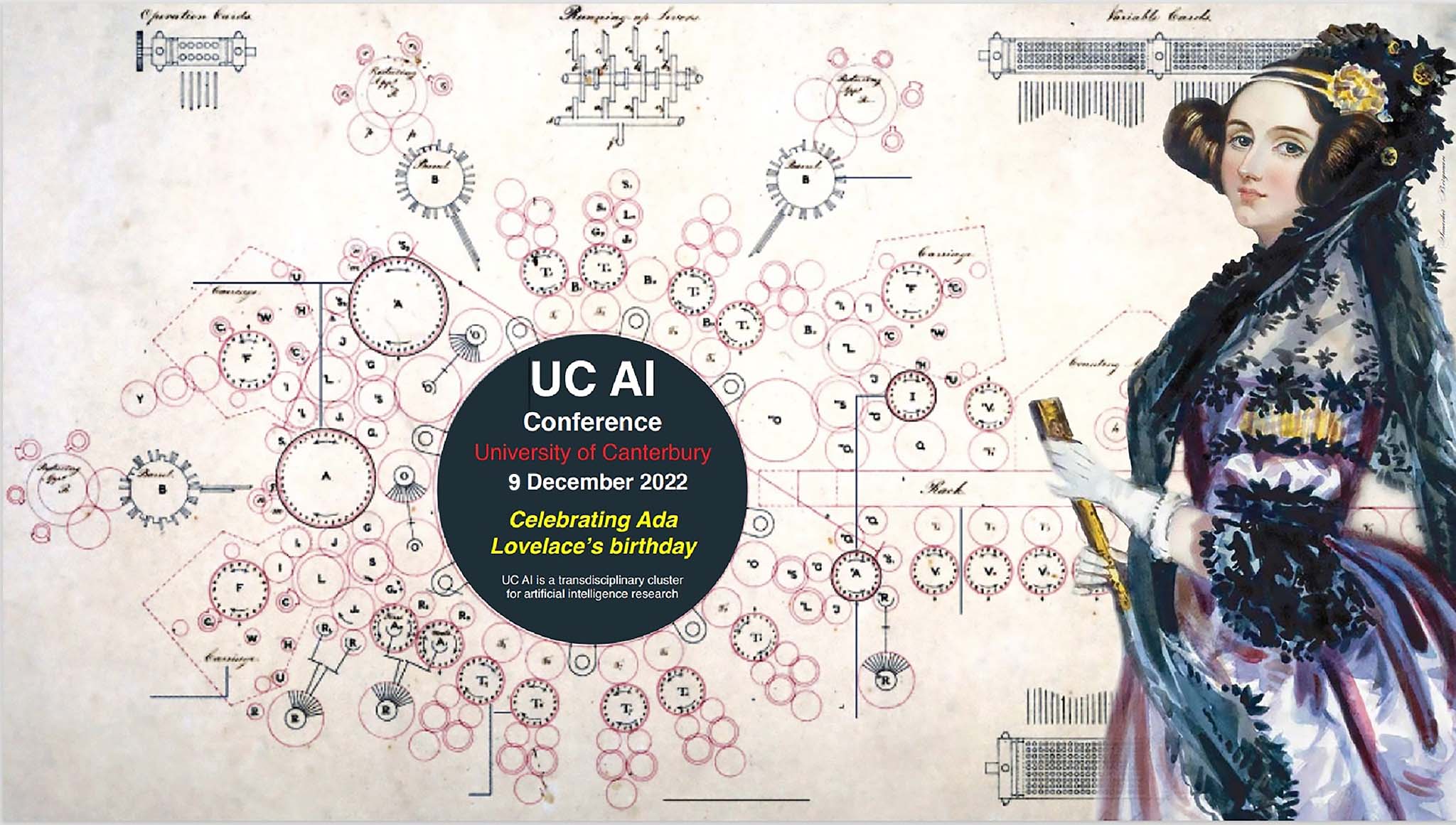Since not all registered authors will be able to attend the conference in person, some talks are now available via video. Links to the Papers will be added after the start of the conference.
Please enjoy the following talks at your own convenience. To access the video, click on the title of the respective talk.
Can Moral Rightness (Utilitarian Approach) Outweight the Ingroup Favoritism Bias in HRI? by Aldo Chavez, Marlena R. Fraune, and Ricarda Wullenkord
Find the paper here.
Students’ Views on Intelligent Agents as Assistive Tools for Dealing with Stress and Anxiety in Social Situations by Samira Rasouli, Moojan Ghafurian, and Kirsten Dautenhahn
Find the paper here.
Don’t Take it Personally: Resistance to Individually Targeted Recommendations from Conversational Recommender Systems by Guy Laban and Theo Araujo
Find the paper here.
A User-centered Evaluation of Data-Driven Sign Language Avatar System: A Pilot Study by Alfarabi Imashev, Nurziya Oralbayeva, Vadim Kimmelman, and Anara Sandygulova
Find the paper here.
Effect of Group Identity on Emotional Contagion in Dyadic Human Agent Interaction by Nora Joby and Hiroyuki Umemuro
Find the paper here.
Furthermore, there is a video poster presentations available as well, which you can access here:
User Experience of Human-Robot Long-Term Interactions by Guy Laban, Arvid Kappas, Val Morrison, and Emily S. Cross
Find the short paper here.
